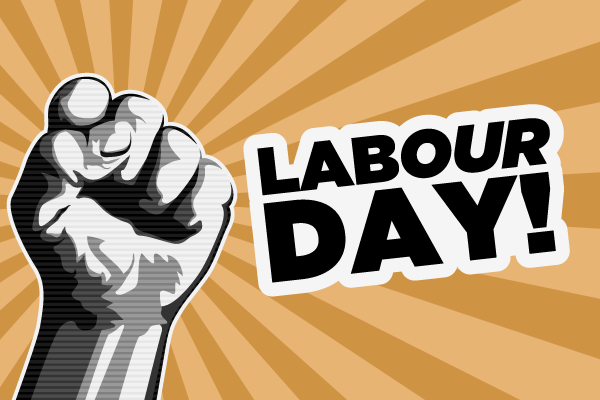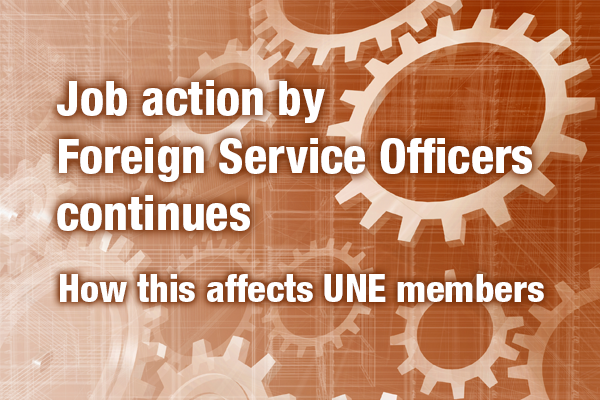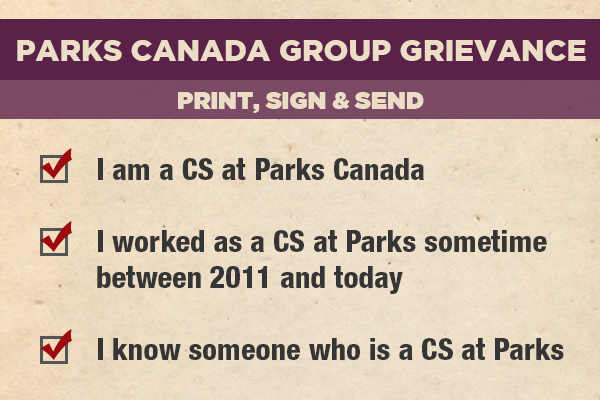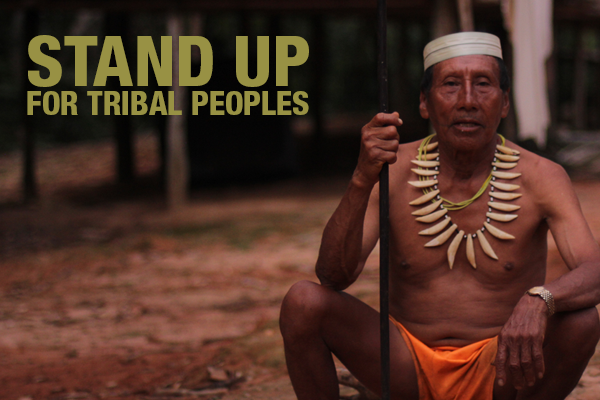
For those who aren’t too familiar with the National Capital Region’s suburbs, you may not have heard of Buckingham. It’s a small community of roughly 10,000 people, though it’s now technically part of the post-mega-amalgamation of the city of Gatineau.
But in the early 1900s, Buckingham was very different.
“Let’s say it was like many similar areas in Quebec, Ontario and elsewhere: it was almost a one-industry town,” explained Pierre-Louis Lapointe, a historian and author of several books about Buckingham.
For the town’s denizens, the options were limited; there were only two large employers in the area: the Electric Reduction Company and the MacLaren Company.
The MacLarens were very much the textbook definition of robber barons; they amassed great wealth by exploiting natural resources, having the right connections in government and not paying their employees very well.
By 1906, having bought out their only major competitor in town, the MacLarens owned two sawmills and a pulp mill. At this point, they’ve bought up every piece of the river that they can get their hands on – all the better to keep other companies from encroaching on their turf.
But just to be on the safe side, the MacLarens also acquire exclusive rights to deliver electricity and build railroads within the town.
“This enabled them to stop the other construction of any railroads going through the municipality,” explained Lapointe.
Without a railroad to carry lumber elsewhere, farmers and land owners in the area had little choice but to sell their lumber to the MacLaren Company.
“It was one of tools they used to build their monopoly.”
For the men employed by the MacLaren Company, times were tough.
“Do you think it’s human to give $1.25 per day to men who work from 7 a.m. to 6 p.m. in water, in mud, on logs?” a worker is quoted as saying, in 1906. “The work is brutal and painful. And I have six kids; why don’t you try feeding that, educating that, clothing that and do the same thing, you, on a dollar and a quarter a day!”1
In 1906, the cost of living is quickly rising.
“By then, the employees can’t take it anymore,” said Lapointe.
The employees try to unionize and the MacLarens soon orders a lockout. The company hires armed guards; scabs are brought in to carry logs. The conflict culminates on October 8, 1906, when workers try to implore the scabs to leave work.
“Despite the mocking and the anti-French sarcasm hurled at them by the guards, [the workers] are determined to keep their calm. But, suddenly, a sinister commandment rings out, that will put a spark to the powder. Shoot them! This cry comes from the ranks of the guards.”2
“It was an ambush,” said Lapointe.
Two men were killed: Thomas Bélanger and François Thériault – both members of the executive. During the funeral, the men were hailed as martyrs of the labour movement.
The MacLarens were later acquitted of Murder. According to Lapointe’s book, the prosecutor was furious and declared that he would appeal the judge’s decision. It wasn’t long before he received a telegram from the attorney general in Quebec telling him not to appeal.
The MacLarens had friends in high places.
In the months and years following the troubles of October 1906, more than 60% of unionists would leave the village. The MacLarens had blacklisted the rabble-rousers – and this list was circulating amongst other employers in the village, who didn’t mind complying with the MacLaren family’s wishes.
“One of the people interviewed about this subject told me the case of a boy, who after having passed exams and interviews, was called to R.M. Kenny’s office who pulled a notebook from his desk drawer and interrogated him about his family ties to such and such worker tied to the troubles of 1906… And to conclude dryly: ‘Sorry, there’s no job for you here!’”3
“In a few years, the population of the town of Buckingham decreases by 25% – which is enormous,” adds Lapointe.
In 1934, the workers try again to unionize. The Pulp and Sulfite Workers’ Union got more than 60 workers to sign union cards. Unfortunately, the company got wind of the organizing attempt thanks to a spy among the workers.
The company reacted by firing those involved.
“It’s a second attempt to unionize that was killed in its infancy,” summed up Lapointe.
The only thing to ever strike a blow to the MacLaren Company were improvements to the road system, which allowed the town residents to sell lumber to other companies.
Around that same time, Lapointe explained, the provincial government of Quebec looked into the work conditions of lumberjacks. They institute a sort of minimum wage, which forced the MacLaren company to increase their workers’ salaries.
And finally…
“What helped employees the most, as funny as it sounds, was the Second World War,” said Lapointe.
At that time, practically everything was considered essential for the war effort. Unions weren’t allowed to strike and bosses weren’t allowed order lockout.
“The MacLarens were forced to accept the creation of a permanent bargaining committee between the employer and the employees,” said Lapointe.
“It marks an important change in the working conditions. And by 1944, a union is finally recognized by the MacLarens.”
This story isn’t well known outside Buckingham. In 1990, Lapointe wrote about the 1906 conflict in a book detailing the history of the town of Buckingham. The book was published in both English and French, but Lapointe says the English copies have all vanished.
“They can’t find it anywhere in libraries. I don’t want to imagine… but the MacLarens have a long arm,” he jokes. “It’s a story that doesn’t make certain elements of the capitalist society very happy.”
Lapointe said that this story illustrates how there are always links between politics and economics – and that rarely can they be proven as clearly as in the story of the conflict of 1906.
“Today, we blame unionism and unions for all that ail the economy and society,” wrote Lapointe in his 1983 book. “It’s important to remember the role that unionism played in improving our lives. We have to pick up our heads like Thomas Bélanger and François Thériault… for them, and for all those who sacrificed themselves for their brethren, we owe it to ourselves to react. We surely owe them that.”4
[Editor’s note: We are extremely thankful to Mr. Lapointe for allowing us to share excerpts from his work and for speaking with us about the conflict of 1906. All facts in this article were gathered from Mr. Lapointe’s book and from a phone interview on June 25, 2013.]
[1] Lapointe, Pierre-Louis. (1983). Buckingham : ville occupée. Diffusion Prologue inc. Ville Saint-Laurent, Québec.
[2] Idem
[3] Idem
[4] Idem














